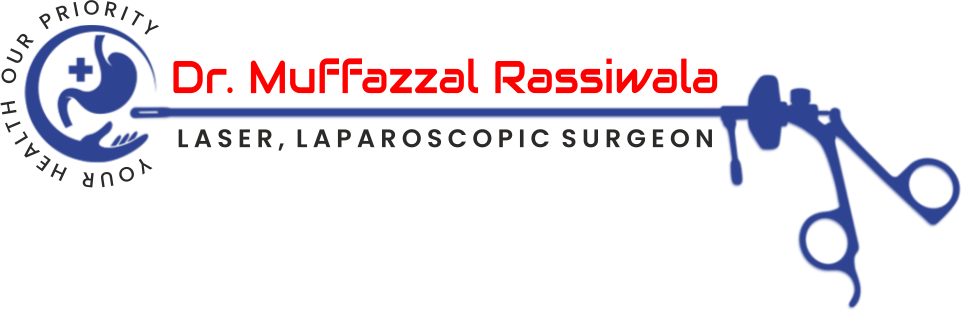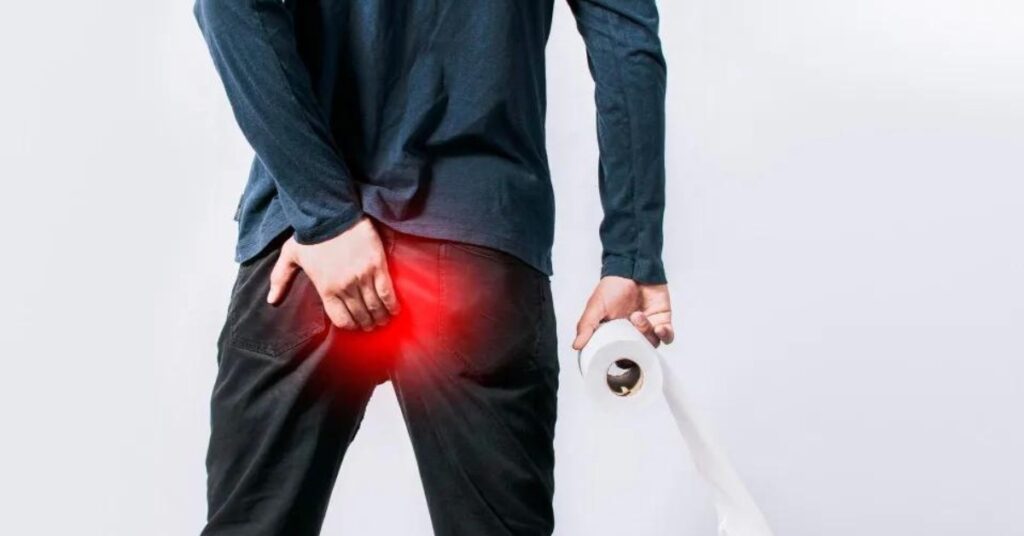Piles, also known as hemorrhoids, can cause significant discomfort, including pain, itching, and swelling. While medical treatment may be necessary in some cases, certain daily habits can help ease the pain and prevent flare-ups. Here are a few lifestyle changes that can make a big difference.
1. Stay Hydrated
Drinking enough water is one of the simplest ways to prevent constipation, a common trigger for piles. Staying hydrated keeps your stool soft, making bowel movements easier and reducing the strain on the rectal area. Aim to drink at least 8-10 glasses of water daily.
2. Increase Fiber Intake
A high-fiber diet is essential for maintaining digestive health and preventing constipation, which can aggravate piles. Incorporate fiber-rich foods such as whole grains, fruits, vegetables, beans, and lentils into your daily meals. Fiber helps soften stool, reducing the need to strain during bowel movements and easing piles-related pain.
3. Exercise Regularly
Regular physical activity improves circulation and aids digestion, preventing constipation. Even light activities like walking, swimming, or yoga can help maintain healthy bowel movements. However, avoid heavy lifting or strenuous exercises, as they can worsen piles.
4. Practice Good Toilet Habits
Avoid sitting on the toilet for prolonged periods, as this can put unnecessary pressure on the rectal area. If you experience constipation, resist the urge to strain. You can also use a footstool to elevate your legs slightly while sitting, which may help ease bowel movements.
5. Use Sitz Baths
Soaking in a warm sitz bath for 10-15 minutes several times a day can help reduce swelling and discomfort. This simple practice provides immediate relief by soothing the irritated tissues around the rectal area.
6. Consult a Doctor
If your piles pain persists despite lifestyle changes, it’s important to seek medical advice. A piles doctor in Indore can assess your condition and recommend suitable treatments, such as medications or minor procedures, to alleviate symptoms.
Incorporating these daily habits can ease piles pain and improve your overall quality of life. However, timely medical consultation is essential for long-term relief.


